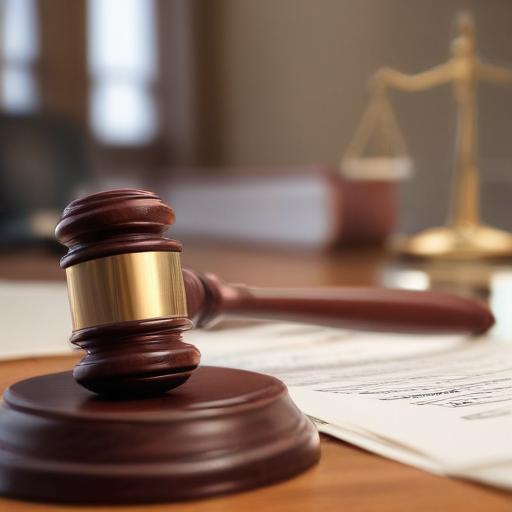PROVO — The 4th District Court of Utah is proceeding with hearings for a second jury trial for Douglas Carter, a former death-row inmate, following a recent order from the Utah Supreme Court. Carter was initially convicted of aggravated murder in 1985, but the Supreme Court determined that his earlier trial faced significant constitutional violations warranting a retrial.
During a hearing held on June 3, Judge Derek Pullan confirmed that Carter is eligible for a public defender, and further discussions took place on who would represent him. The Utah County Public Defender’s Office has indicated that it lacks the resources to handle a death penalty case, suggesting the need to consult external attorneys.
Attorneys Richard Gale and Neal Hamilton are in the process of finalizing contracts to represent Carter as county-appointed public defenders. Judge Pullan indicated that he would appoint them upon confirmation of their certification for handling death penalty cases. Pullan has overseen Carter’s case for over ten years, having previously ruled in favor of a new trial and sentencing.
In the latest hearing, Gale communicated the necessity of reviewing case information from prosecutors and meeting with Carter. During the proceedings, Carter expressed his concerns about understanding his charges and the potential impact of a move from prison to the county jail on his access to case documents.
Deputy Utah County Attorney Erwin Petilos noted that there are numerous discovery materials still being reviewed and discussed plans to file a motion to transfer Carter to the county jail.
Background on the case indicates that Carter is again presumed innocent in connection with the 1985 murder of Eva Olesen, whose body was discovered under troubling circumstances. Although Carter confessed, the Supreme Court highlighted the absence of physical evidence linking him to the crime. Additionally, it was revealed that two witnesses who supported parts of Carter’s confession may have been incentivized by the prosecution, complicating the integrity of the case.
Next steps for the trial include scheduled hearings, with the objective of ensuring that the process continues to move forward efficiently.
This case underscores the importance of judicial integrity and reflects ongoing efforts to correct past mistakes, emphasizing the legal system’s capacity for accountability and justice. It offers a renewed opportunity for Carter to seek clarity and a fair trial in light of the constitutional issues raised.
